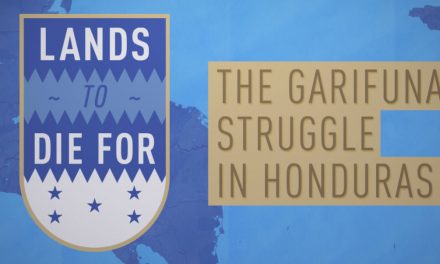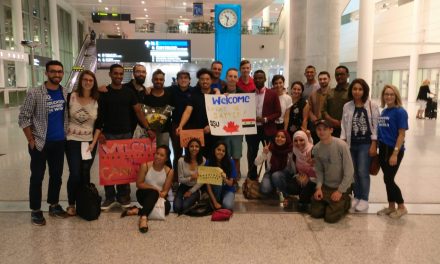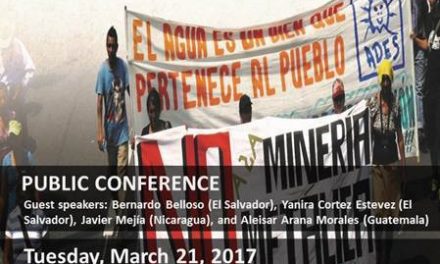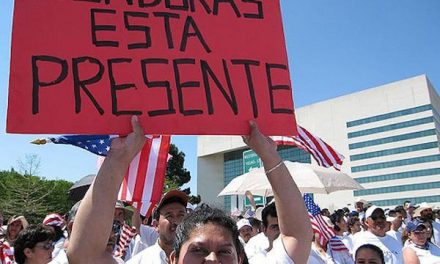Is another coup under way in Honduras?
Canada has been complicit with repressive regimes
since 2009 overthrow of President Zelaya
Recent days have seen violent repression of mass protests against perceived electoral fraud in Honduras. Resistance to the heavy-handed government response has come from unexpected places, with one elite division of the police forces refusing orders to suppress demonstrations. The Canadian government’s hands are not clean in Honduras, having played a significant role in this Central American country since a coup in 2009 overthrew President Manuel Zelaya.
By Steve Stewart
Richochet.media
On June 26, 2009, I received a curious email from the Canadian consulate in Honduras. It urged Canadians in Honduras to stay off the streets the following Sunday, June 28. Although I was safely ensconced in an office in Vancouver at the time, I had met with officials at the consulate earlier that year, so I assumed that they thought I was stationed in the country.
What was strange about the message was that the only event of note planned in Honduras for June 28 was a non-binding consultation to ask citizens if they favoured including on the ballot in the November national elections a referendum question on electing a constituent assembly to rewrite the Honduran constitution. Hardly, I thought, a reason for foreigners to hide in their homes.
The consultation was never held. Early on June 28, soldiers stormed the presidential palace, arrested progressive president Manuel Zelaya and forced him, still in his pajamas, on a plane and into exile. The coup ushered in what has now been eight years of repression of social activists, environmental defenders and marginalized groups, skyrocketing murder rates, and the increased penetration of organized crime into higher and higher levels of the state, while opening the country to foreign investment and the expansion of mining, agro-industry and infrastructure.
Back in 2009, Canadian diplomats joined the U.S. in blocking efforts in the Organization of American States and the United Nations to restore the constitutional order immediately after the coup.
The violent suppression in Honduras of the popular uprising that has followed this year’s elections is a result of the unfinished business of the 2009 coup.
Disputed election
The presidential election saw incumbent President Juan Orlando Hernández of the National Party — principal vehicle of the country’s traditional oligarchy — face off against Salvador Nasralla, candidate of a coalition calling itself the “Alliance Against the Dictatorship.” The alliance is comprised of the left-wing Libre party, formed by supporters of ousted president Zelaya, and the centre-right Anticorruption Party.
Hours after the polls closed, with 58 per cent of the votes counted, results gave Nasralla a strong lead of 45 per cent to Orlando’s 40 per cent. The count was suddenly halted (The electoral tribunal blamed a “computer glitch”), and when it began again on Nov. 27 Nasralla’s advantage had almost disappeared. Counting proceeded at a snail’s pace for the next couple of days and gradually, Hernández replaced Nasralla’s lead.
The Honduran national congress backed the 2009 coup that overthrew Zelaya, arguing that his planned consultation would violate the constitution, which prohibits re-election of presidents. The consultation, congressional leaders argued, could lead to a referendum that might approve the election of a constituent assembly, which might have modified the constitution to allow for re-election.
Juan Orlando Hernández presided over the National Congress in the first post-coup government. Now it is Orlando Hernández himself who stands for re-election, bypassing the constitutional articles prohibited this by replacing Supreme Court judges with more malleable ones, who ruled last year that the ban on re-election violates Hernández’s civic rights.





